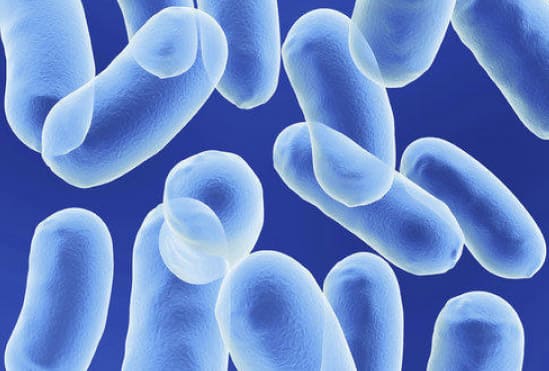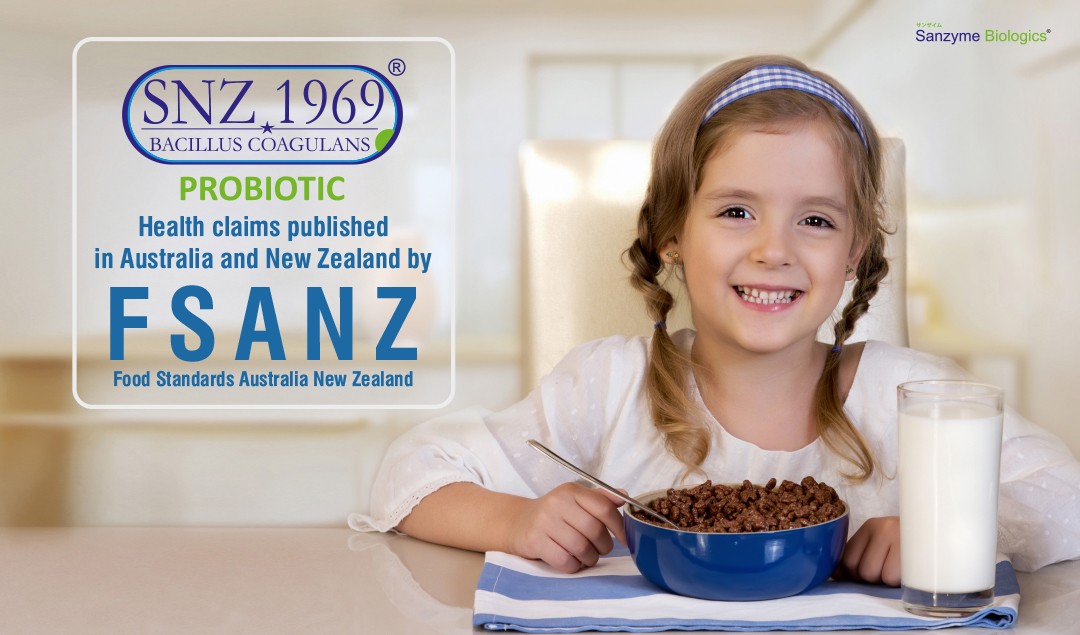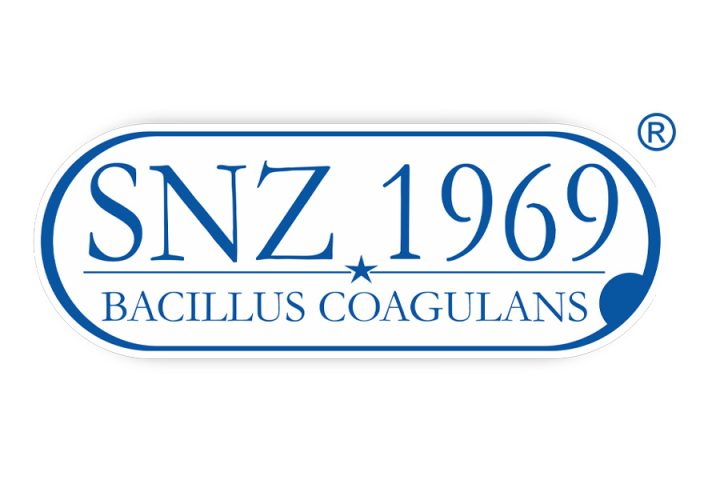Introduction
The human body is home to trillions of microorganisms that play a pivotal role in maintaining our health. Among these microorganisms, probiotics are gaining popularity due to their potential health benefits. Bacillus clausii, a probiotic strain, has been the subject of considerable research and has shown promising effects on various health conditions. One of the common forms of Bacillus clausii is the oral suspension, which has gained widespread recognition for its ease of use and potential therapeutic properties. In this blog, we will delve into the world of Bacillus clausii oral suspension, exploring its uses, benefits, dosage, side effects, and current research findings.
What is Bacillus clausii oral suspension?
Bacillus clausii is a spore-forming, Gram-positive bacterium that naturally resides in the soil. It has been identified as a probiotic with the ability to form spores, which can withstand adverse conditions such as heat, acidity, and other harsh environments. Due to this unique characteristic, Bacillus clausii can survive the acidic environment of the stomach and reach the intestine in an active form, where it exerts its beneficial effects
The Mechanism of Action
Bacillus clausii oral suspension operates by restoring and maintaining a balanced gut flora. The gastrointestinal tract is home to a complex community of microorganisms, collectively known as the gut microbiota, which plays a crucial role in digestive health, immune function, and overall well-being. Stress, poor dietary habits, antibiotic use, and various other factors can disrupt this delicate balance, leading to gastrointestinal disturbances.
When ingested, Bacillus clausii colonizes the gut and competes with harmful bacteria for nutrients and space, thereby promoting a healthier gut environment. It also produces antimicrobial substances, such as bacteriocins, which directly inhibit the growth of harmful bacteria. Furthermore, Bacillus clausii has been shown to stimulate the production of immunoglobulins, which enhance the immune response and help fight off infections.
Uses of Bacillus clausii Oral Suspension
Gastrointestinal Disorders: Bacillus clausii oral suspension is commonly used to alleviate symptoms associated with gastrointestinal disorders. These disorders include acute diarrhoea, chronic diarrhoea, irritable bowel syndrome (IBS), and inflammatory bowel disease (IBD). Clinical trials have demonstrated that Bacillus clausii can reduce the duration and severity of diarrhoea episodes, making it an effective adjuvant treatment.
Antibiotic-Associated Diarrhoea (AAD): One of the most common side effects of antibiotic use is diarrhoea, which occurs due to the disruption of the gut microbiota. Bacillus clausii has been shown to reduce the risk of AAD by maintaining the balance of the gut microbiota during antibiotic therapy.
Prevention of Recurrent Respiratory Tract Infections (RTIs): Bacillus clausii has immune-modulating properties that may help reduce the recurrence of respiratory tract infections, such as common colds and flu.
Irritable Bowel Syndrome (IBS): Some studies suggest that Bacillus clausii may provide relief from IBS symptoms, such as bloating, gas, and abdominal discomfort, although further research is needed to establish its efficacy.
Allergies and Atopic Dermatitis: Early research indicates that Bacillus clausii might help in managing allergic conditions and atopic dermatitis due to its immunomodulatory effects.
Dosage and Administration of Bacillus clausii oral suspension
The dosage of Bacillus clausii oral suspension can vary depending on the patient’s age, condition, and severity of symptoms. It is crucial to follow the healthcare professional’s advice or the manufacturer’s instructions regarding dosage and administration.
In general, the oral suspension is available in single-dose vials or multi-dose bottles. It is usually taken orally, directly or mixed with water or other beverages. Shake the bottle well before use to ensure an even distribution of the spores.
For adults and children, the recommended dosage may range from 1 to 2 vials per day, divided into two to three doses. Children under two years of age may require a lower dosage. Always consult a healthcare professional, especially when administering Bacillus clausii to infants or young children.
Sanzyme Biologics expertise in manufacturing Bacillus clausii oral suspension
If you are seeking a reliable and experienced partner for private label manufacturing of Bacillus clausii oral suspension, with a proven track record in the pharmaceutical industry, Sanzyme Biologics is your go-to solution for high-quality probiotic products. As a leading contract manufacturer, we understand the critical importance of producing safe, effective, and compliant products that meet your brand’s unique requirements.
Expertise in Probiotic Formulations: At Sanzyme Biologics, our team of skilled scientists and researchers are well-versed in probiotic formulations and the specific needs of Bacillus clausii oral suspension production. We utilize state-of-the-art technology and adhere to stringent quality control measures throughout the manufacturing process. From strain selection and culture development to formulation and packaging, every step is carefully optimized to ensure the highest quality end product.
Flexible and Customizable Solutions: We understand that each brand has its own identity and target market. With our private label manufacturing services, you have the flexibility to customize the Bacillus clausii oral suspension to align perfectly with your brand’s vision and objectives. Our team works closely with you to understand your requirements and offer tailored solutions, including variations in dosage, packaging, and product presentation.
Quality Assurance and Compliance: At Sanzyme Biologics, quality assurance is at the core of everything we do. We are committed to adhering to the highest industry standards and regulations. Our manufacturing facilities are equipped with cutting-edge technologies and comply with Good Manufacturing Practices (GMP). Additionally, our team of experts ensures that each batch of Bacillus clausii oral suspension undergoes rigorous testing for potency, purity, and safety, providing you and your customers with peace of mind.
Efficient Production and Timely Delivery: Time is of the essence in the fast-paced pharmaceutical industry, and we understand the importance of timely delivery. With streamlined production processes and an efficient supply chain, we strive to meet your manufacturing deadlines promptly without compromising on quality. Our dedication to meeting timelines ensures that your brand can launch and distribute Bacillus clausii oral suspension products to the market with confidence.
Regulatory Support: Navigating the regulatory landscape can be complex, but you don’t have to do it alone. Sanzyme Biologics provides comprehensive regulatory support to ensure that your Bacillus clausii oral suspension complies with all applicable regulations and requirements. Our team is well-versed in regulatory frameworks across various regions, enabling us to help you obtain the necessary certifications and approvals for seamless market entry.
Long-Term Partnership: Choosing Sanzyme Biologics as your private label manufacturing partner means forging a long-term collaboration. We prioritize building strong and lasting relationships with our clients, providing ongoing support even after product delivery. As your trusted partner, we are committed to helping your brand grow and succeed in the competitive probiotics market.
When it comes to private label manufacturing of Bacillus clausii oral suspension, Sanzyme Biologics stands as a dependable and experienced partner. Our expertise in probiotic formulations, commitment to quality and compliance, flexible and customizable solutions, and efficient production processes make us the ideal choice for your brand. With Sanzyme Biologics by your side, you can be confident in delivering top-notch Bacillus clausii oral suspension products that meet the highest industry standards and cater to your target market’s needs. Partner with us today to embark on a successful probiotics journey and achieve mutual success in the thriving healthcare industry.





